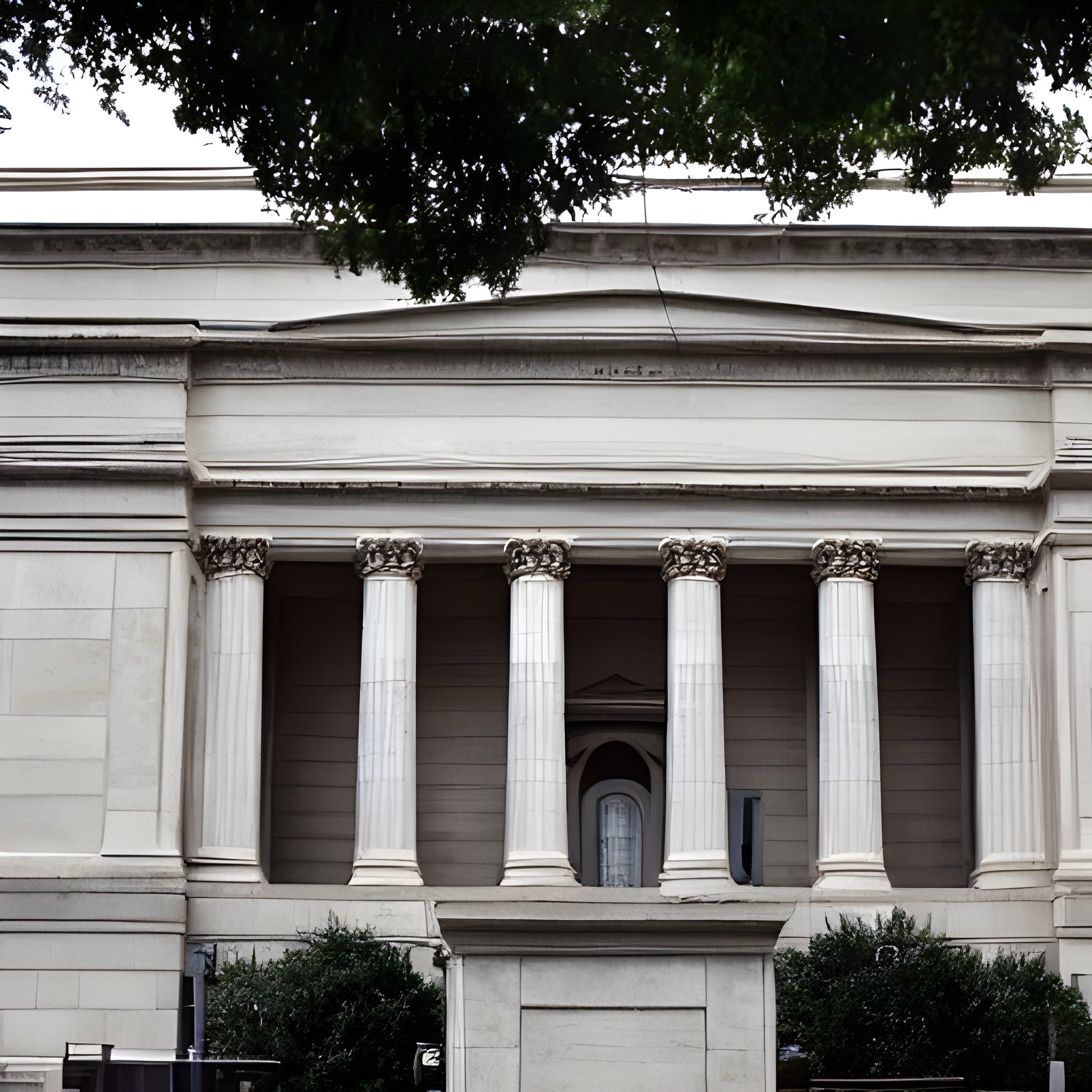Written by our Staff Writers and edited by our Staff Editors, the YULJ Blog collects short-form articles exploring a breadth of topics on the law and legal studies. Scroll down to check out our new articles, published on a rolling basis throughout each semester.
YULJ BLOG

Assessing the Constitutionality of Death-with-DignityAssessing the Constitutionality of Death-with-Dignity
By Noah Killeen ‘27
The Constitution is often praised as protecting Americans’ freedoms—granting citizens various liberties and guarding individual autonomy from governmental control.

A Radical Revision of Corporate Constitutional Rights: Applying a Supplemented Carolene Products Framework to the Corporate Context
By Griffin Richie '25
In United States v. Carolene Products Company (1938), the Supreme Court held that the Commerce Clause granted Congress the power to restrict shipments of certain milk substitutes.

Brain and the Bar: How Neuroscience Plays out in the Courtroom
By Sukriti Ojha '27
Legal statutes outline numerous aspects of performing, executing, and enforcing the law, and legal proceedings are limited to these frameworks to produce an unbiased conclusion.

The Validity of Polygraph Testing: The Consequences and Future of Using Lie Detectors in Criminal Cases
By Katrina Azar’27
In 1988, Frank Sterling failed a polygraph test. As a result, he was wrongfully incarcerated for 22 years.

Down With the Ship: How Chevron’s Demise Could Threaten Election Law
By Owen Hannon ‘27
Law is not an automated system narrowly shaped by one exogenous force. Rather, it is a semi-closed circuit whose design is susceptible to extrinsic influences and endogenous developments. To evaluate what the law is, one must assess who writes it.

Is a Wealth Tax Constitutional?
By Everett Yum ‘27
In recent years, Democrats have been considering levying an unrealized capital gains tax.

The Lasting Impacts Of Juvenile Solitary Confinement in the United States.
By Melani Ulloa ’27
In the late twentieth century, the implementation of punitive consequences for youth in the United States rose substantially.

Pleading Not Guilty by Reason of Insanity (NGRI):The Four Tests for Pleading NGRI
By Katrina Azar ‘27
Fewer than five states in the United States do not consider any insanity defenses on criminal trials.

Georgia’s Impossible Standard and the Dangers of Judicial Deference
By Griffin Richie ‘25
In Gregg v. Georgia, 428 U.S. 153 (1976), the Supreme Court upheld the constitutionality of newly crafted death penalty statutes and henceforth has committed to death penalty retention with constitutional regulation.

Is Chevron Doomed? Two Upcoming Supreme Court Cases May Finally Provide the Answer
By Lizzie Steeves ‘27
Every American child is ideally taught the theory of separation of powers, learning that Congress makes the law, the executive branch enforces it, and judges interpret it.

Revised Connecticut Law Protects Medical Professionals in Emergency Situations
By Lichel Johnston '27
Connecticut recently revised legislation that abrogates the common law of negligence by shielding certain medical professionals and first responders from liability for personal injuries resulting from their ordinary negligence, provided that the medical professional or first aid responder renders emergency aid gratuitously and not in the ordinary course of their employment or practice.

DACA: The Questioning of An Immigration Policy’s Legality And Its Implications On American Society and Economy
By Nicole Velez ‘27
Since the inception of an independent United States in 1776, immigration and its regulation have been a constant debate fueled by both dynamic politics and the consistent tide of migrants that enter the country every year.

A Harmed Land: Limiting Free Speech After Citizens United v. FEC
By Noah Killeen ‘27
The 2012 election wasn't merely determined by campaign promises and ideals, but rather by the candidate who secured the greatest financial backing from those with the deepest pockets.

The Comparative Ethics of Traditional and Gestational Surrogacy
By Dareia Hadjiemmanuil ‘27
Commercial surrogacy is a practice in which surrogate mothers receive reimbursement for purposes other than medical from intended parents. The surge in the demand for commercial surrogacy over the past two decades has led to a vast revision of the ethics of the practice since the case of Baby M in the 1980s.

AI Gone Awry: A Case Study on Generative AI in Legal Filings
By Jack Litke ‘25
In June of this year, a federal judge in the Southern District of New York sanctioned two New York attorneys. The case is the first confrontation between today’s most advanced computing technology and a legal industry famously resistant to change.